Quốc hội đang thảo luận dự án 1 luật sửa 4 luật, trong đó có Luật Quy hoạch nhằm bảo đảm sự đồng bộ thực thi, tránh chồng chéo dẫn đến lãng phí các nguồn lực.
Luật Quy hoạch năm 2017 được Quốc hội thông qua ngày 24/11/2017 và có hiệu lực thi hành từ ngày 1/1/2019. Luật Quy hoạch cùng với các văn bản hướng dẫn thi hành luật đã tạo thành một hệ thống văn bản quy phạm pháp luật hoàn thiện triển khai hoạt động quy hoạch thống nhất, đồng bộ trên phạm vi cả nước, góp phần thực hiện tư duy mới về công tác quy hoạch, theo đó, quy hoạch luôn cần đi trước một bước.
Song những bất cập trong quá trình thực thi Luật Quy hoạch đã bộc lộ rõ. Một trong các bất cập đó là việc quy hoạch đô thị, quy hoạch nông thôn lại chưa được xác định rõ thuộc cấp nào trong hệ thống quy hoạch quốc gia. Cùng đó còn chưa có sự đồng bộ về thẩm quyền tổ chức thẩm định nhiệm vụ lập quy hoạch tỉnh và thẩm quyền thẩm định quy hoạch tỉnh.
Một bất cập nữa là trong khi lập quy hoạch có việc lấy ý kiến các bộ, ngành, địa phương, cơ quan, tổ chức và người có liên quan song trong công tác lập quy hoạch lại có một số nội dung thuộc bí mật nhà nước. Điều này có nghĩa là tạo ra sự không đồng bộ, “vênh” với Luật Bảo vệ bí mật nhà nước.
Bởi vậy việc sửa đổi Luật Quy hoạch là thực sự cần thiết nhằm hoàn thiện nội dung, phương pháp lập quy hoạch gắn với cải cách thủ tục hành chính trong đầu tư, kinh doanh.
Đặc biệt trong bối cảnh hiện nay khi công cuộc phòng, chống tham nhũng, tiêu cực, lãng phí đang được đẩy mạnh thì việc Quốc hội thảo luận Luật sửa đổi, bổ sung một số điều của Luật Quy hoạch, Luật Đầu tư, Luật Đầu tư theo phương thức đối tác công tư và Luật Đấu thầu (1 luật sửa 4 luật) không chỉ tăng tính đồng bộ, tương thích giữa các luật mà còn góp phần đưa nhanh các nguồn lực cho phát triển, cho tăng trưởng, không để nguồn lực (kể cả trong nước lẫn nước ngoài) bị lãng phí cũng như không phát huy được tác dụng. Cùng đó góp phần “gỡ” những ca khó trong thực tiễn đầu tư chẳng hạn như nhà đầu tư sẵn sàng bỏ hàng triệu đô la để làm song những hạng mục cần bổ sung lại không có trong quy hoạch sử dụng đất.
Việc 1 luật sửa 4 luật đang được Quốc hội xem xét còn góp phần thúc đẩy nhanh đưa các dự án nhanh chóng được đưa vào khai thác và phát huy tác dụng với nền kinh tế, đặc biệt là các dự án lớn có tính lan toả, thay vì khoảng thời gian vô định phải nằm “chờ”.
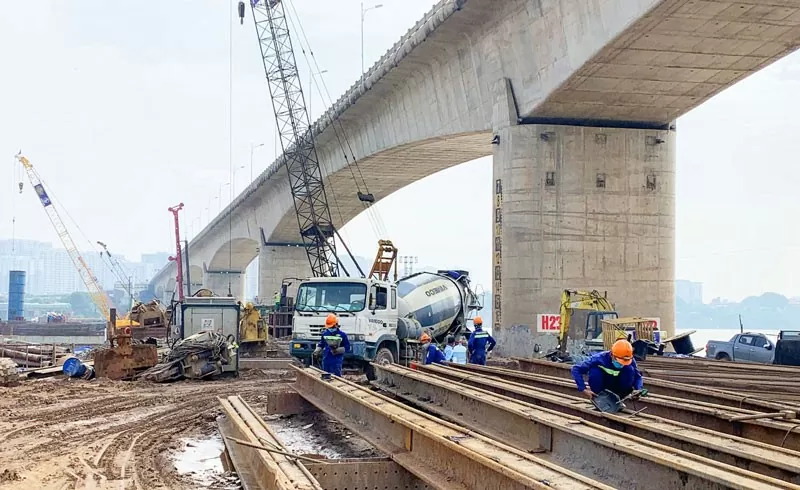 |
| Chống lãng phí trong việc huy động và sử dụng các nguồn lực là nhiệm vụ cấp bách hiện nay. Ảnh minh hoạ. |
Thời gian qua những tồn đọng, hạn chế, bất cập trong công tác xây dựng thể chế đã gây ra những lãng phí tưởng như vô hình song trên thực tế lại rất lớn. Trong bài viết quan trọng mới đây với nhan đề “Chống lãng phí”, trên cương vị người đứng đầu Đảng ta, Tổng Bí thư Tô Lâm đã thẳng thắn đề cập cụ thể đến một dạng lãng phí ít người nhắc đến đó lãng phí do thiếu quy hoạch, sự không hiệu quả trong đầu tư công, hay các dự án bị bỏ hoang không được sử dụng…
Trên thực tế những sự lãng phí như thế không chỉ đơn thuần là mất đi tài sản mà còn tạo ra sự bất công trong xã hội, đặc biệt là cơ hội tiếp cận các nguồn lực. Khi nguồn lực quốc gia có được bị lãng phí, những cơ hội phát triển sẽ bị thu hẹp, làm gia tăng khoảng cách giàu nghèo và gây suy giảm lòng tin trong nhân dân đối với Đảng cầm quyền. Càng ít được nhắc đến, những dạng lãng phí nguồn lực như thế này lâu ngày dễ bị bỏ qua, thậm chí có lý do để có thể “đương nhiên” tồn tại sau tấm bình phong là sự yếu kém về công tác xây dựng thể chế.
Tại buổi trao đổi chuyên đề “Kỷ nguyên mới, kỷ nguyên vươn mình của dân tộc” với các học viên Lớp bồi dưỡng, cập nhật kiến thức, kỹ năng đối với cán bộ quy hoạch Ủy viên Ban Chấp hành Trung ương Đảng khóa XIV diễn ra ngày 31/10/2024 tại Hà Nội, Tổng Bí thư Tô Lâm đã chỉ ra, cơ chế, chính sách, pháp luật chưa tạo dựng được môi trường thực sự thuận lợi để thúc đẩy đổi mới sáng tạo, thu hút nguồn lực của các nhà đầu tư trong và ngoài nước cũng như trong nhân dân. Trong 3 điểm nghẽn lớn nhất hiện nay là thể chế, hạ tầng và nhân lực, thì thể chế là “điểm nghẽn” của “điểm nghẽn”.
Đặc biệt Tổng Bí thư khi nêu đích danh một số dạng thức lãng phí đang nổi lên gay gắt, trong đó có việc chất lượng xây dựng, hoàn thiện pháp luật chưa đáp ứng yêu cầu thực tiễn dẫn đến khó khăn, cản trở việc thực thi, gây thất thoát, lãng phí các nguồn lực.
Bởi vậy với quan điểm không để lãng phí các nguồn lực từ công tác xây dựng thể chế, Tổng Bí thư thêm một lần nữa yêu cầu công tác xây dựng, thực thi pháp luật không nóng vội, nhưng cũng không cầu toàn, để mất thời cơ; lấy người dân, doanh nghiệp làm trung tâm, chủ thể; thường xuyên đánh giá hiệu quả, chất lượng chính sách sau ban hành để kịp thời điều chỉnh bất cập, mâu thuẫn, giảm thiểu thất thoát, lãng phí các nguồn lực; chủ động phát hiện và tháo gỡ nhanh nhất những “điểm nghẽn” có nguyên nhân từ các quy định pháp luật.
Trước đó, trong bài viết “Chống lãng phí” với quan điểm cuộc đấu tranh chống lãng phí cần được nhận thức và đặt đúng vị trí và yêu cầu, Tổng Bí thư Tô Lâm đã nhấn mạnh một nhiệm vụ là tập trung giải quyết triệt để các nguyên nhân dẫn đến lãng phí tài sản công, tài nguyên thiên nhiên, nguồn lực chăm lo nhân dân và phát triển đất nước. Ở đây trọng tâm là đổi mới mạnh mẽ công tác xây dựng, hoàn thiện và thực thi pháp luật, coi đây là yếu tố quan trọng để phòng, chống lãng phí.
Cùng đó “thường xuyên đánh giá hiệu quả, chất lượng chính sách sau ban hành để kịp thời điều chỉnh bất cập, mâu thuẫn, giảm thiểu thất thoát, lãng phí các nguồn lực; chủ động phát hiện và tháo gỡ nhanh nhất những “điểm nghẽn” có nguyên nhân từ các quy định pháp luật”, Tổng Bí thư yêu cầu.
Nguồn: https://congthuong.vn/tu-viec-sua-luat-quy-hoach-den-cau-chuyen-phong-chong-lang-phi-trong-xay-dung-the-che-356238.html








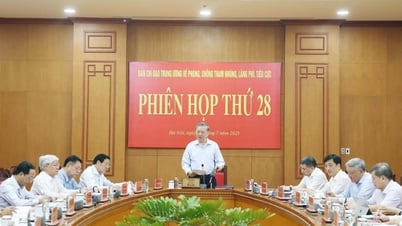

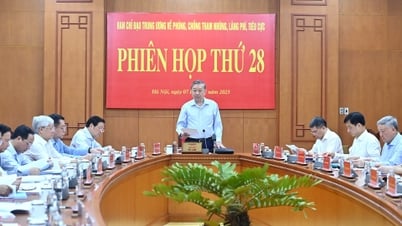

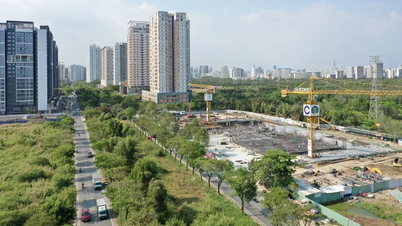

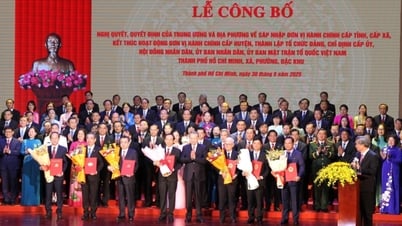
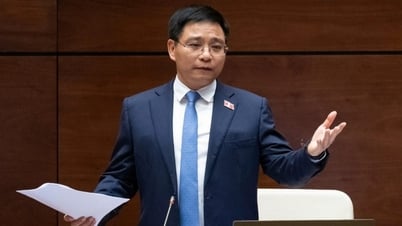











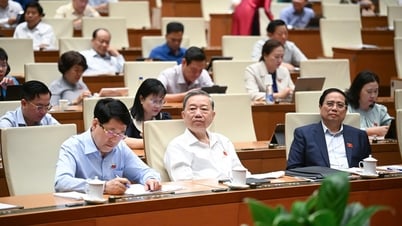







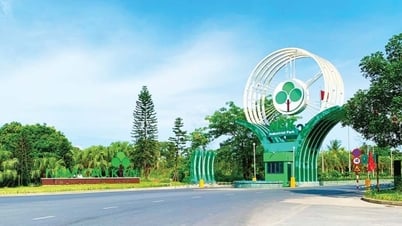






















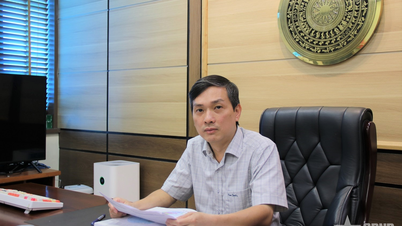










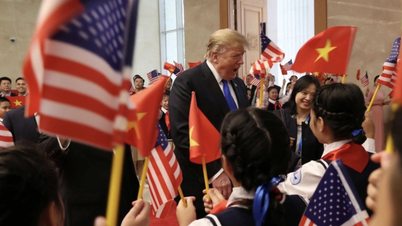
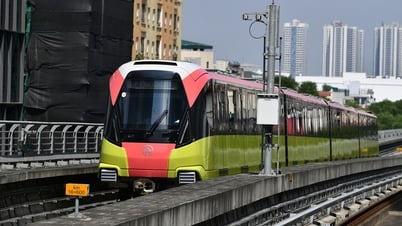


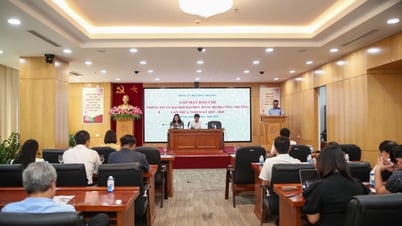


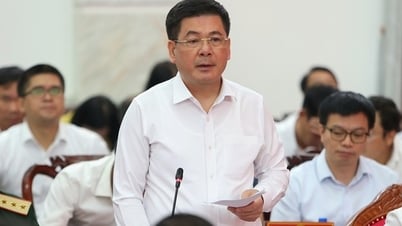

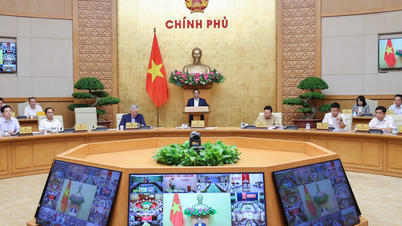


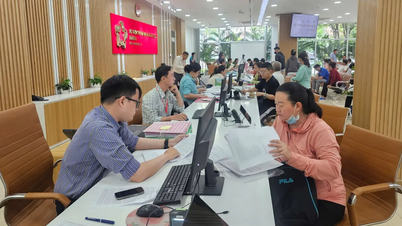
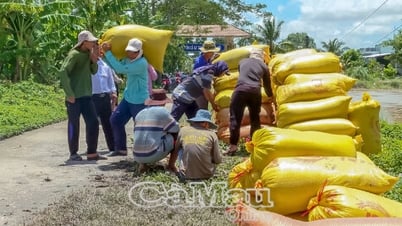

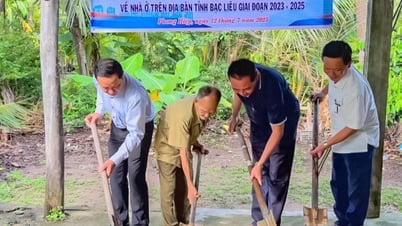
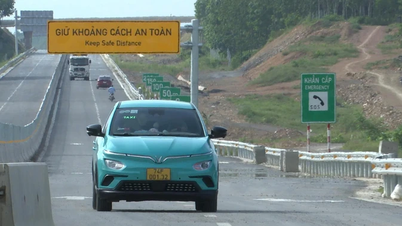

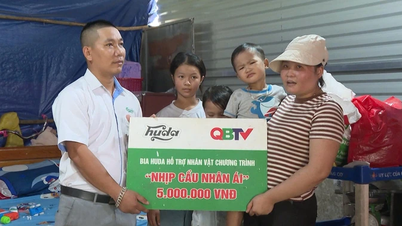

















Bình luận (0)